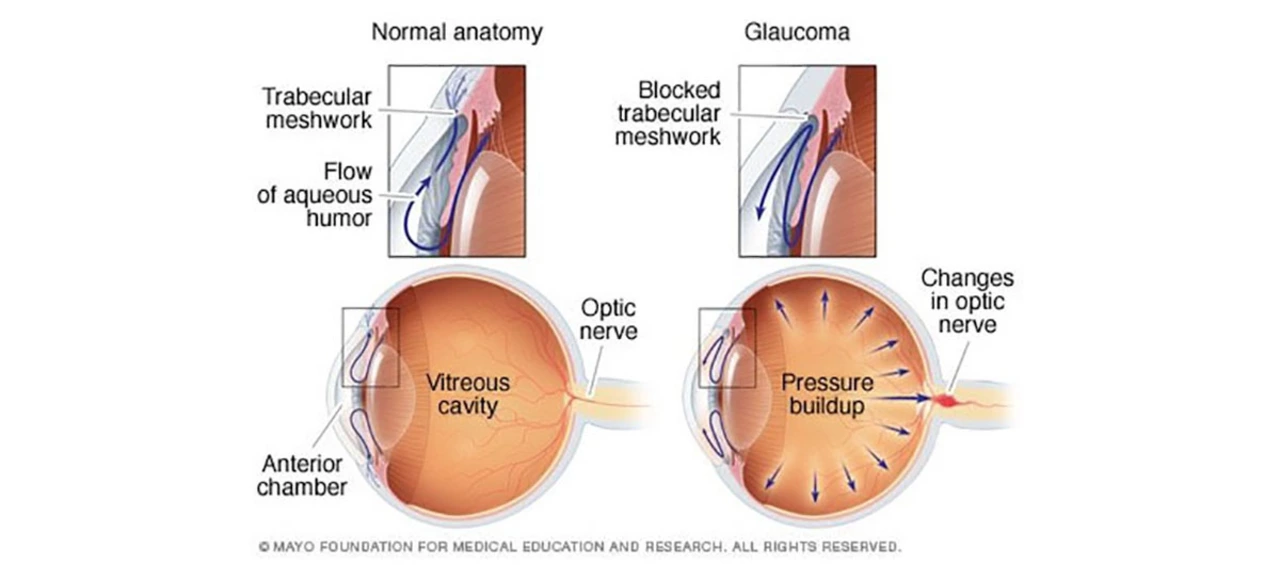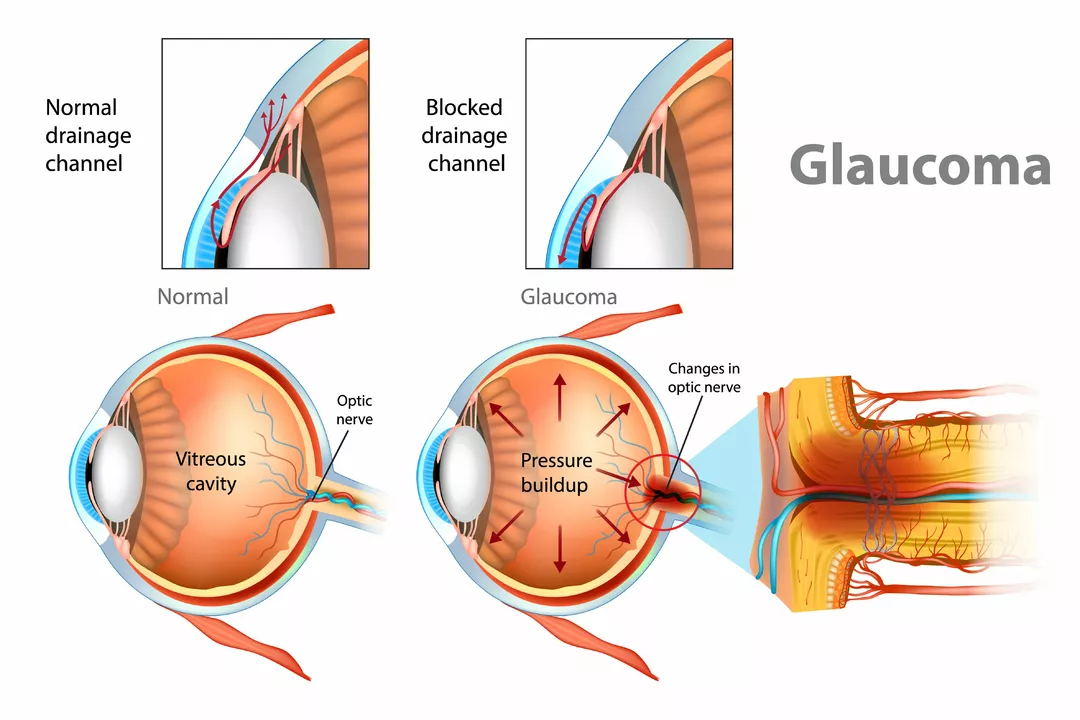This article explores the challenges faced by contact lens wearers after eye surgery, with a focus on inflammation. It outlines the causes, symptoms, and tips for managing inflammation effectively. Practical advice is provided for maintaining eye health during recovery.
Eye Health: Easy Habits That Protect Your Vision
You blink half as often when you stare at screens. That simple fact helps explain why so many of us end the day with tired, dry eyes. The good news: small changes make a big difference. Below are clear, practical tips you can use right now to keep your eyes comfortable and sharp.
Daily habits that matter
Follow the 20-20-20 rule: every 20 minutes, look at something 20 feet away for 20 seconds. It forces your eyes to relax and restores your blink rate. Use a humidifier if your home or office air is dry, and consider preservative-free artificial tears for occasional dryness.
Wear sunglasses that block 100% UVA and UVB whenever you're outside. Long-term UV exposure raises your risk for cataracts and other eye changes. For bright screens, lower brightness and raise text size rather than leaning forward—good posture helps reduce eye strain.
If you wear contact lenses, follow your lens schedule and hygiene strictly. Never sleep in daily disposables or rinse lenses with tap water. Infections from poor lens care can escalate fast and need urgent treatment.
Nutrition, exercise, and checkups
Your diet affects your eyes. Eat leafy greens for lutein and zeaxanthin, oily fish for omega-3s, and colorful fruits for vitamin C. These nutrients help support the retina and surface health. Staying active and controlling blood sugar if you have diabetes also protect your vision long term.
Get a baseline eye exam in your 20s–30s, then follow your eye doctor's schedule. If you wear glasses or contact lenses, checkups usually happen yearly. If you’re over 60 or have a family history of glaucoma or macular degeneration, ask for more frequent checks.
Know the red flags: sudden vision loss, flashes of light, a sudden curtain over part of your view, intense eye pain, or severe redness. These can signal retinal detachment, acute glaucoma, or infection. Don’t wait—seek urgent medical care if any show up.
Allergies and some medications affect eyes. Antihistamines can dry your eyes, and some prescription drugs change tear production or light sensitivity. Mention your eye symptoms to the clinician who prescribes medicine, and never mix eye drops without advice.
For minor issues like gritty eyes or seasonal irritation, over-the-counter lubricating drops and cool compresses often help. For ongoing problems—like persistent blurriness, double vision, or frequent floaters—see an eye specialist. Early diagnosis of conditions such as glaucoma or macular degeneration keeps more sight intact.
Start with one habit this week: try the 20-20-20 rule, book an eye exam, or swap sunglasses for a UV-rated pair. Small, consistent steps stack up and protect your vision for years. If you want more tips or articles on related meds and eye issues, explore the eye health tag on our site.
As a blogger, I cannot stress enough the importance of glaucoma awareness, especially when it comes to open-angle glaucoma. This eye condition is one of the leading causes of irreversible blindness, and often goes unnoticed due to its gradual progression. By educating the public on the risk factors, symptoms, and available treatments, we can make a significant impact in preventing vision loss. Regular eye check-ups are crucial for early detection and timely intervention. It's our responsibility to spread the word and encourage everyone to take care of their eye health.
As a blogger, I feel it's crucial to raise awareness about glaucoma, particularly open-angle glaucoma, which is a leading cause of irreversible blindness. Educating the public about this silent thief of sight can help prevent vision loss by encouraging early detection and treatment. Through sharing information on risk factors, symptoms, and the importance of regular eye exams, we can empower individuals to take control of their eye health. Together, we can spread knowledge and promote the importance of glaucoma awareness, ultimately saving the sight of many. Let's join hands in this mission to preserve vision and improve the quality of life for millions affected by open-angle glaucoma.



